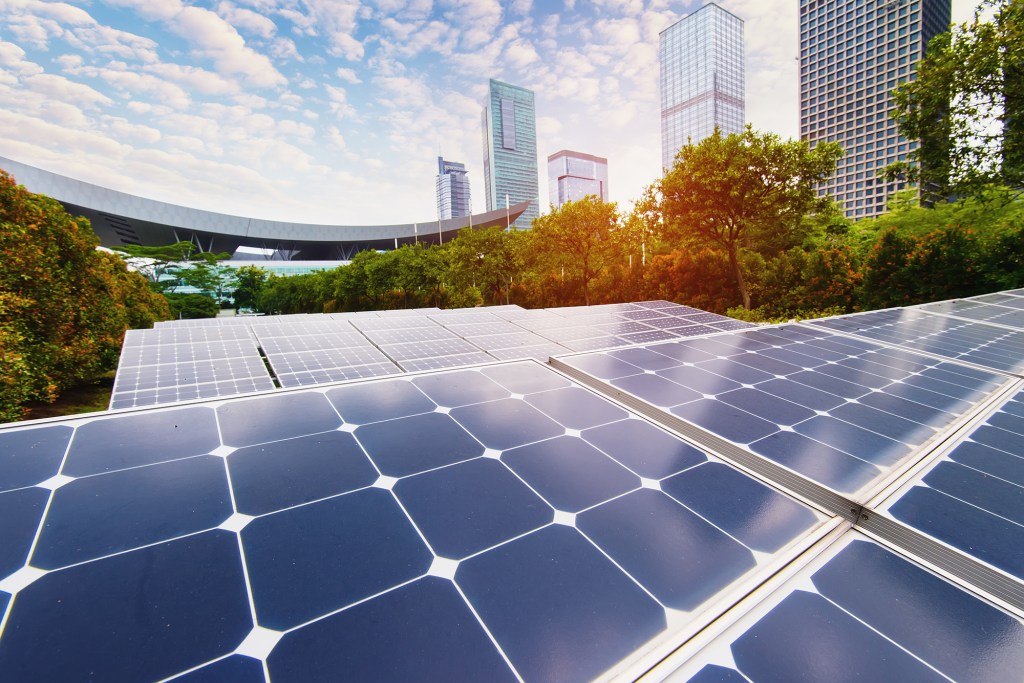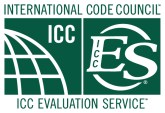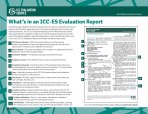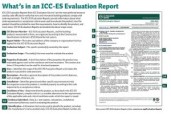As society works to address the dual threats of the availability of affordable housing and the need to address a changing climate, building codes are a core part of the solution.
After all, buildings account for about 40% of all U.S. energy consumption and a similar proportion of greenhouse gas emissions. Therefore, with government and building industry leaders racing ahead towards achieving the greenhouse gas (GHG) reduction goals set forth in the Paris Agreement and even more critically, to address the worst effects expected to occur as a result of a changing climate, reducing energy use and GHGs associated with commercial and residential buildings has never been more vital.
At the same time, many in the building industry worry about the ability to produce housing at prices accessible to first time homebuyers and low- and moderate-income households. According to the U.S. Department of Housing and Urban Development, an estimated 12 million renter and homeowner households now pay more than 50% of their annual income for housing. Utility bills can also make up a significant portion of the monthly costs for low- and moderate-income households.
Understanding the importance of affordable and energy efficient housing, the International Code Council, with roots dating back over 100 years, has always encouraged participation and input from interested parties in the development of its family of model codes, the International Codes (I-Codes), to create codes that meet the needs of all stakeholders.
Meeting Energy Efficiency and Affordability Through Model Codes

Having clearly heard feedback from the building safety community on the importance of the usability and effectiveness of energy codes and other energy efficiency and GHG reduction tools, the Code Council released a new framework, Leading the Way to Energy Efficiency: A Path Forward on Energy and Sustainability to Confront a Changing Climate. This will strengthen the International Energy Conservation Code (IECC) and create new resources to help communities address their climate goals. Ensuring the industry has the adequate tools to address the rising need to reduce energy use while continuing to be conscientious of housing prices, this new framework provides a multi-pronged approach to delivering the energy efficiency and other GHG reduction strategies we need with the IECC at its core. The development process for the IECC moving forward will provide the opportunity to streamline code content and reach consensus on the most cost-effective means to delivering energy efficient housing.
The IECC already provides a strong basis for reaching building energy efficiency goals, with base energy efficiency requirements in the 2021 IECC only 10% away from net zero for residential buildings. Each future edition of IECC will build on this as the revised scope and intent set clear commitments moving forward – including no rollbacks in energy savings from edition to edition, requirements to include pathways to achieve zero energy buildings today and by 2030, and the ability to incorporate strategies for decarbonization, electrification and electric vehicle charging.
Adequate Resources for Implementation are Critical to Building Safety
Developing consensus codes are an important first step in creating safe and sustainable buildings. However, unless successfully implemented and enforced in the field, the full benefits of codes like the IECC will not be realized by communities.
Building departments and code officials play a critical role in keeping our communities safe, efficient and resilient which makes it crucial that building departments have the necessary resources to support implementation and enforcement. For example, adequate staffing, personnel certification that demonstrates an understanding of the codes being enforced, and continuing education on code updates, improvements in building sciences, and best practices are all necessary for strong code enforcement.
With many departments already under resourced and many state and local governments facing severe revenue downturns resulting from the coronavirus pandemic, it is crucial that federal resources, including coronavirus response funding, be directed to building and fire prevention departments that need it to continue their essential functions.
With building safety more critical now than ever, the Code Council will continue to collaborate with the entire building industry to ensure they have the resources available to deliver energy savings while also keeping affordability in mind. To truly address the biggest issues plaguing society and build with the future at the forefront, we must work together to leverage the tools available to their fullest extent.



